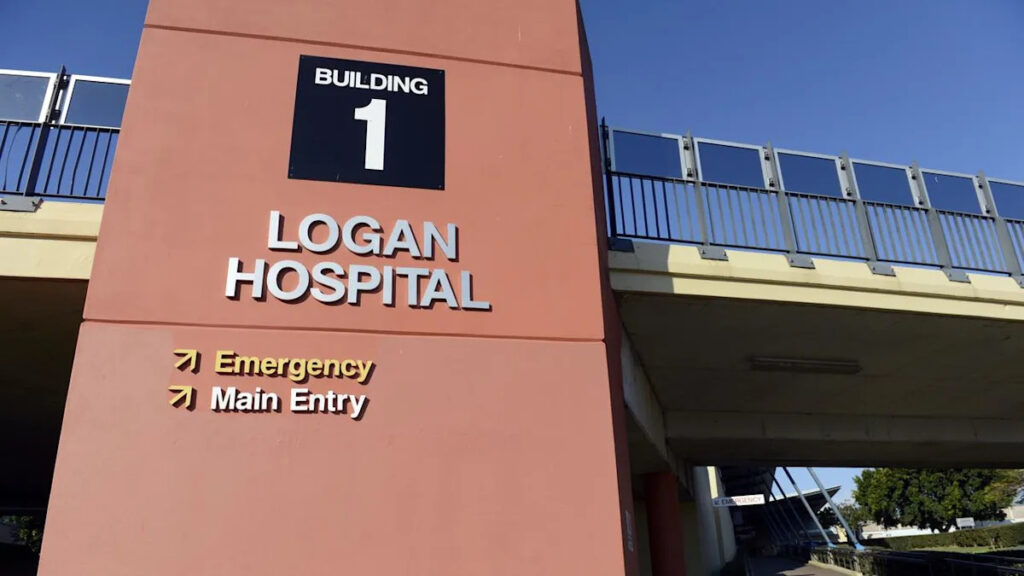
UPDATE: Health authorities in Queensland have launched an urgent contact tracing operation after a rare strain of mpox, specifically Clade 1, was detected in a man who recently traveled from Africa. The situation is evolving rapidly as officials fear the number of hospital contacts could increase significantly.
Officials confirmed that the patient was diagnosed after presenting to Logan Hospital, located south of Brisbane. Currently, 19 community contacts and 40 hospital staff have been identified as potentially exposed to the virus. Fortunately, health officials state that the patient was not contagious during his flight back to Australia.
“Those close contacts that he has been in contact with, including at the emergency ward and in other locations, are being contact traced right now,” said Health Minister Tim Nicholls on Sunday. “At the moment, his family are asymptomatic, but they are isolating.”
The patient’s family includes children attending high school, primary school, and childcare centers. Authorities are actively identifying these institutions to ensure all potential contacts are traced. While health officials do not anticipate a significant increase in community contacts, the hospital exposure list may grow.
Mpox is a viral infection that typically presents with mild symptoms such as fever, headache, muscle aches, swollen lymph nodes, and fatigue, followed by a rash or lesions. Dr. Geoffrey Playford from Metro South Hospital Service explained the contagion window: “We define it as four days before the onset of symptoms, until after the skin lesions have crusted over.”
This alarming discovery follows a year where Queensland recorded 135 cases of Clade 2 mpox. The last recorded instance of Clade 1 in Australia was in May 2024, when a returning traveler tested positive in New South Wales.
Mpox does not easily spread between individuals and is mostly transmitted through close or intimate contact. Those at higher risk include sexually active gay, bisexual, or other men who have sex with men, and their partners. Travelers to regions where the Clade 1 variant circulates, particularly in Central Africa, are advised to get vaccinated before departure.
Health authorities emphasize the importance of vaccination for both pre- and post-exposure to mpox, which is available for free at sexual health clinics and general practitioners. Two doses are recommended for optimal protection.
The World Health Organization declared the mpox outbreak a public health emergency of international concern in August 2024. Since being detected in Australia in 2022, the number of cases surged to more than 1,400 in 2024, according to Australia’s National Notifiable Disease Surveillance System.
As this situation develops, health officials will continue to monitor the contacts and provide updates as necessary. Residents are urged to stay informed and report any symptoms immediately.





